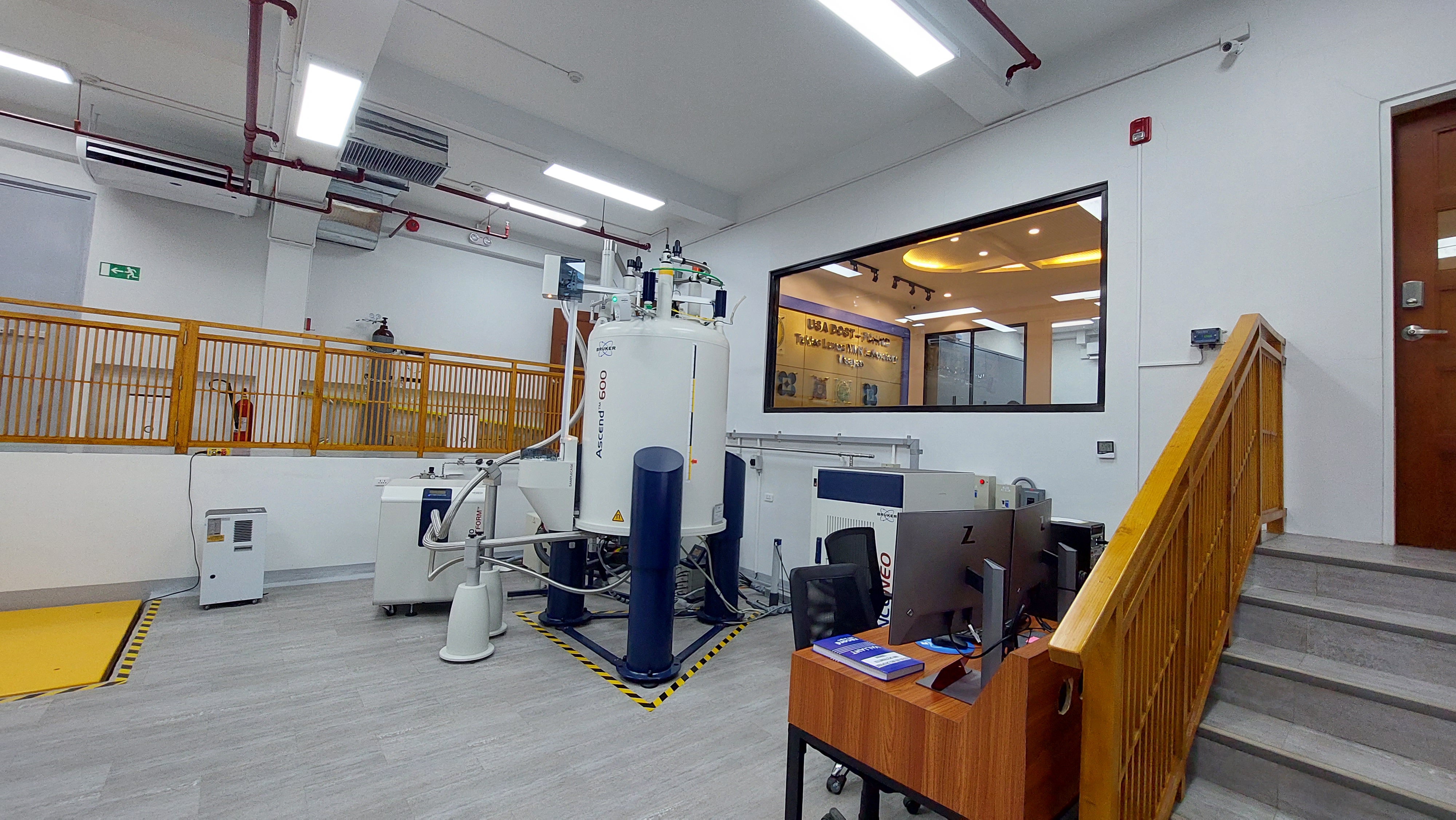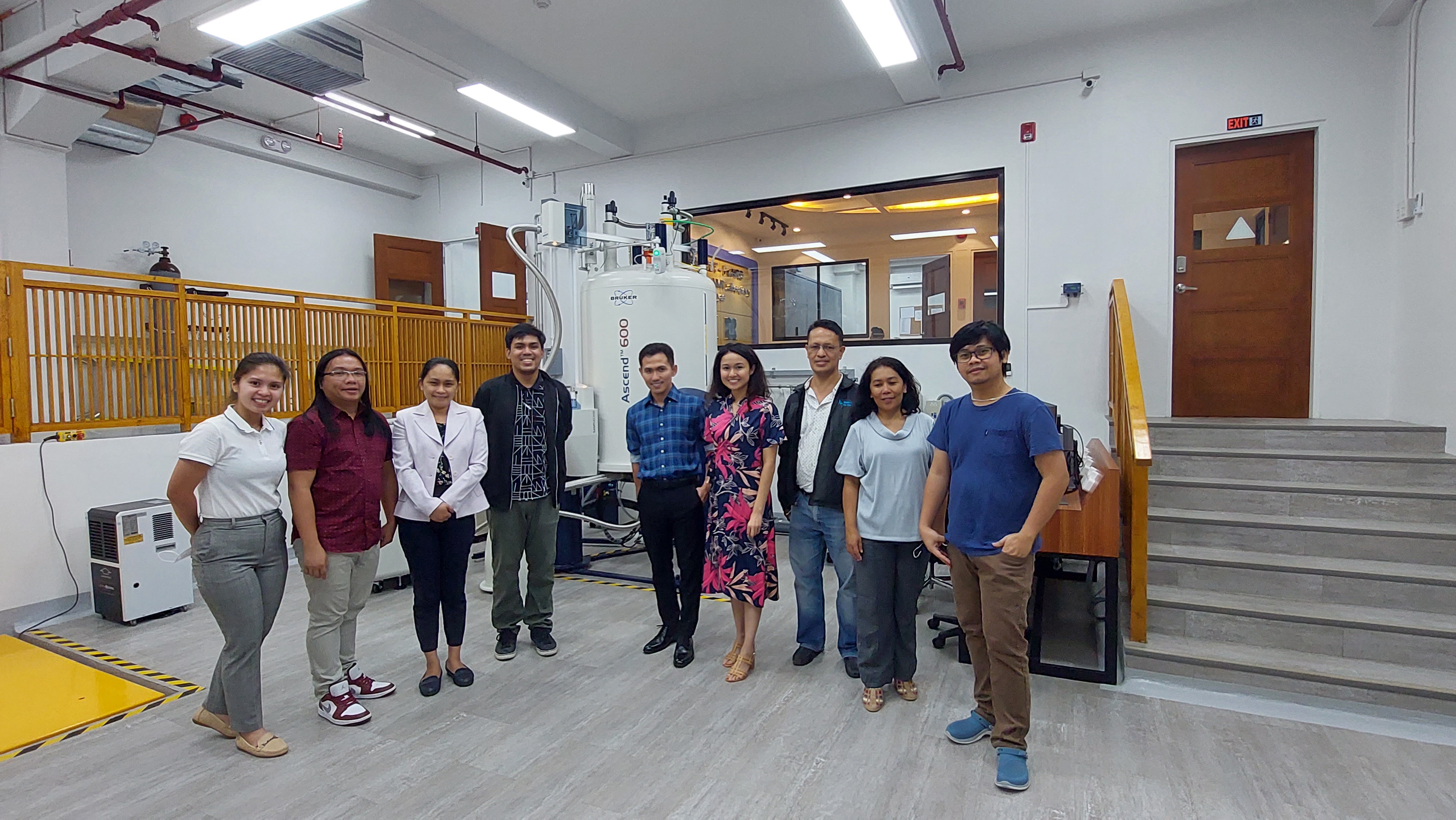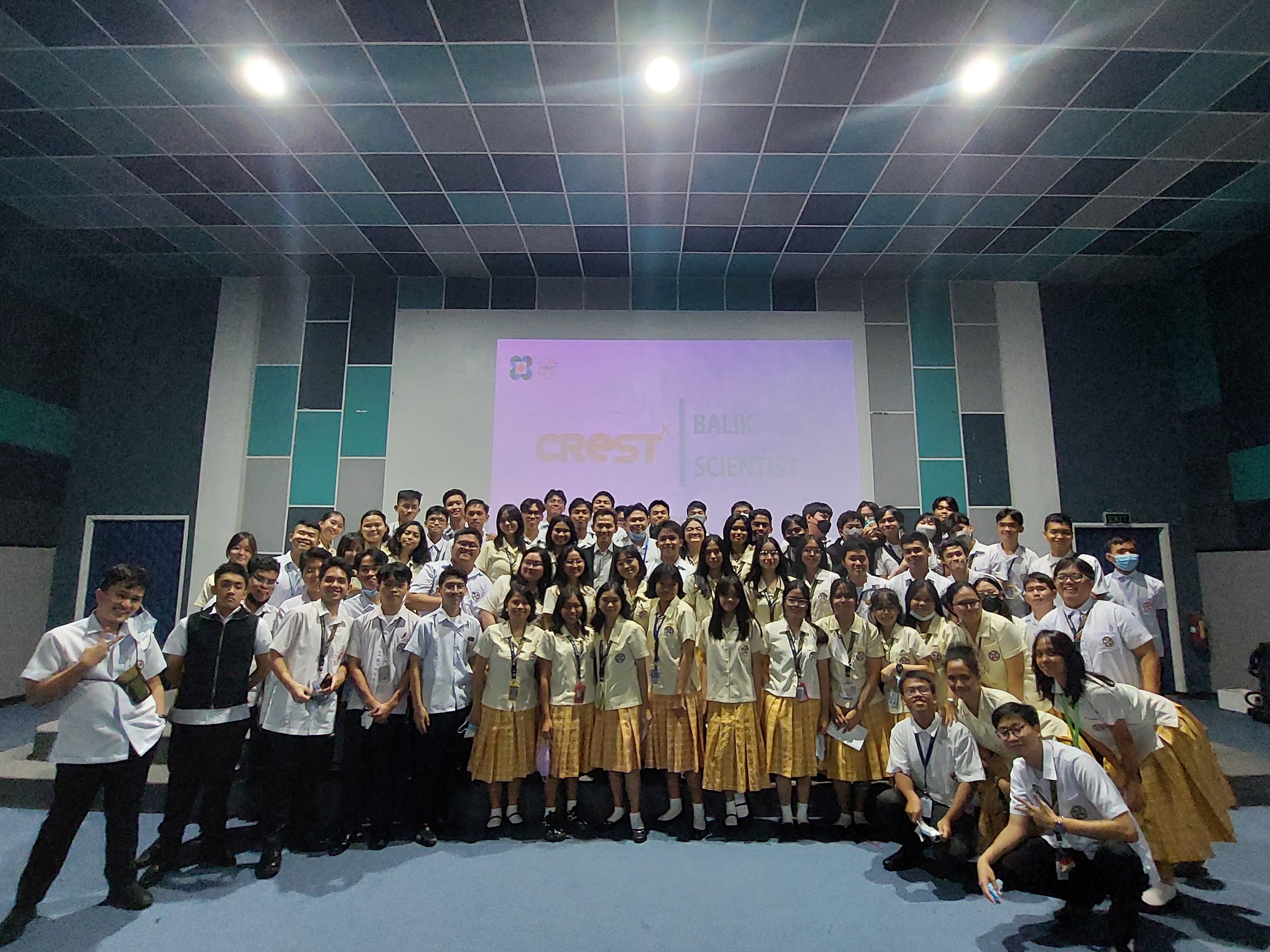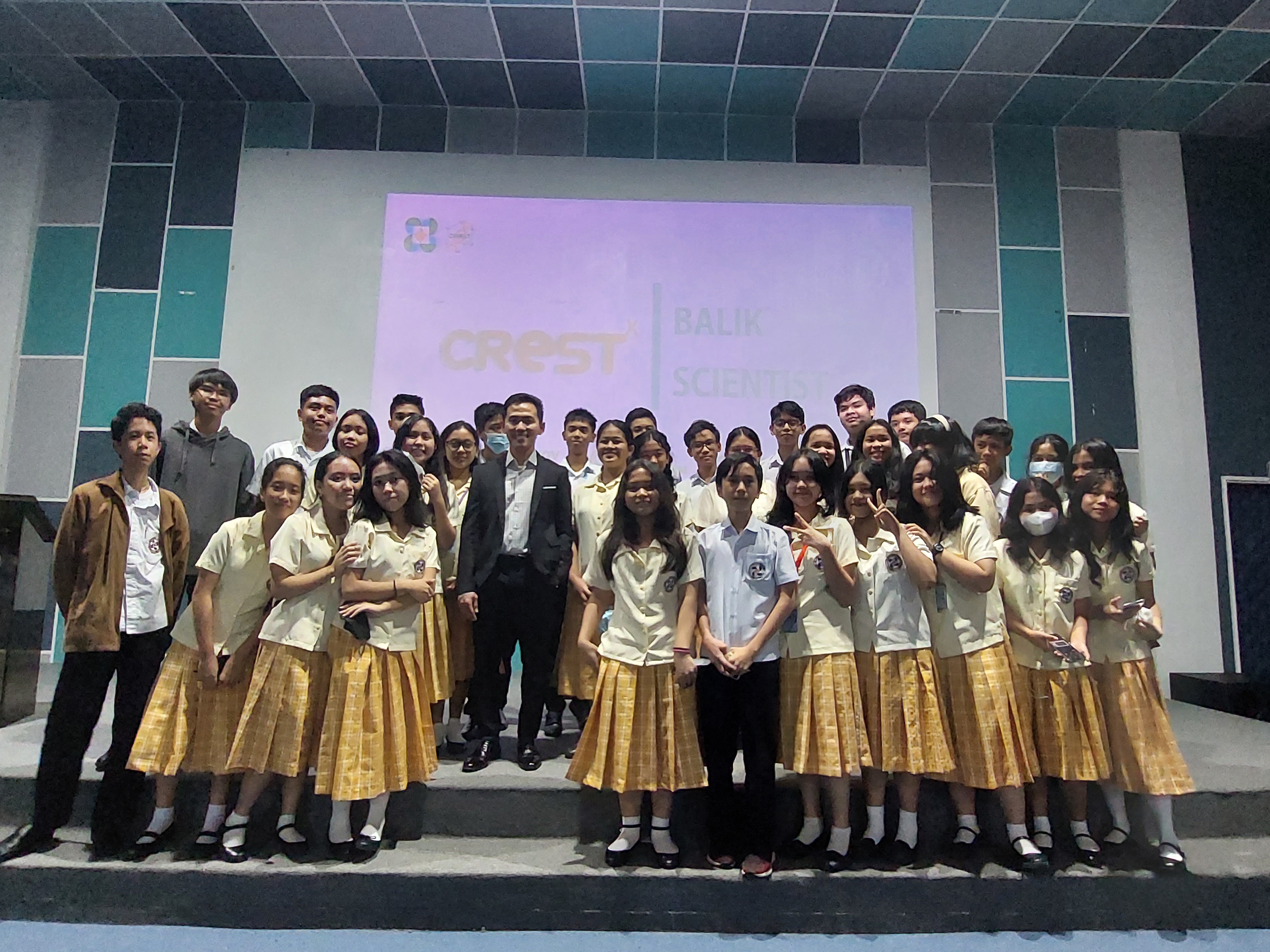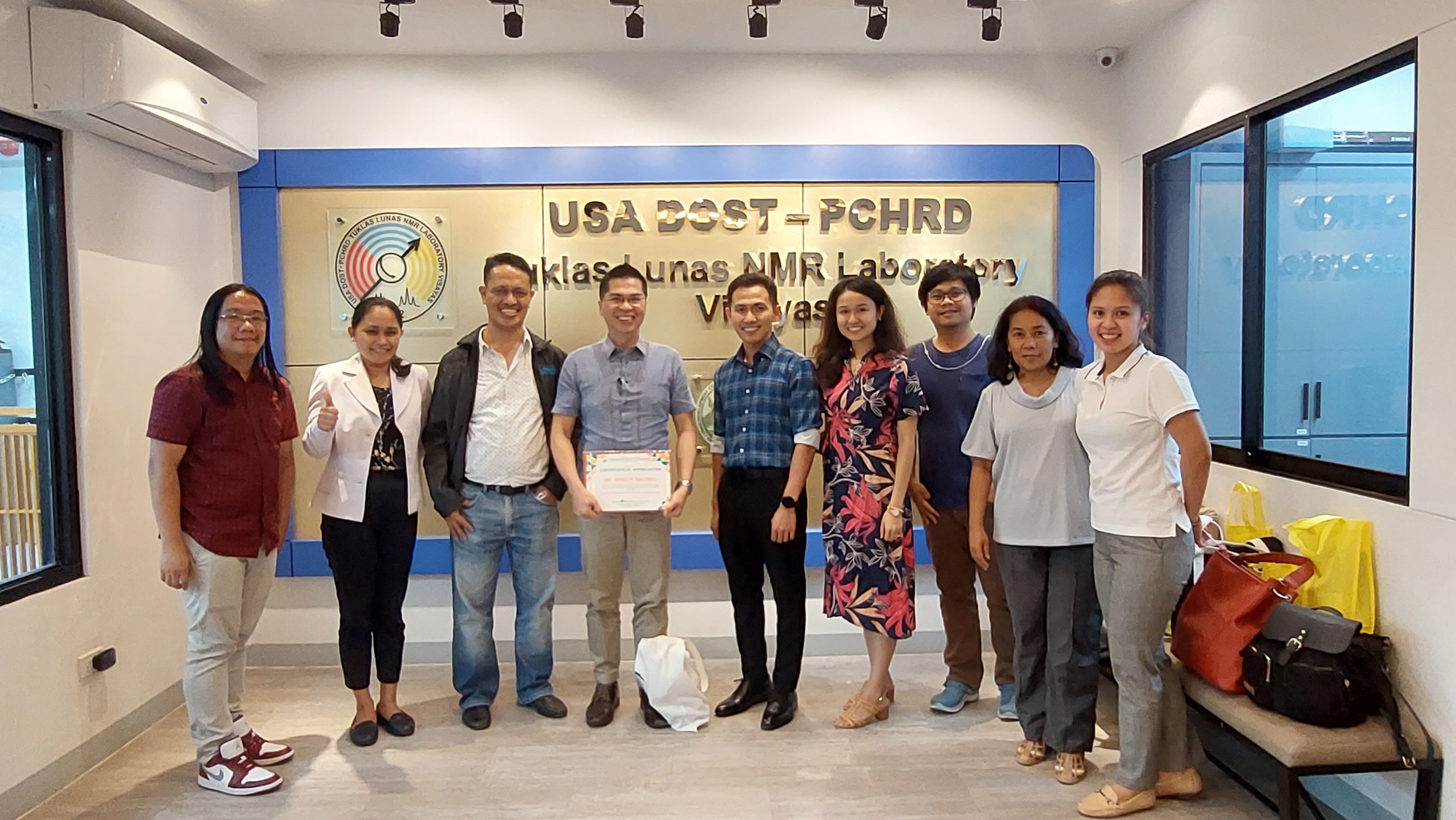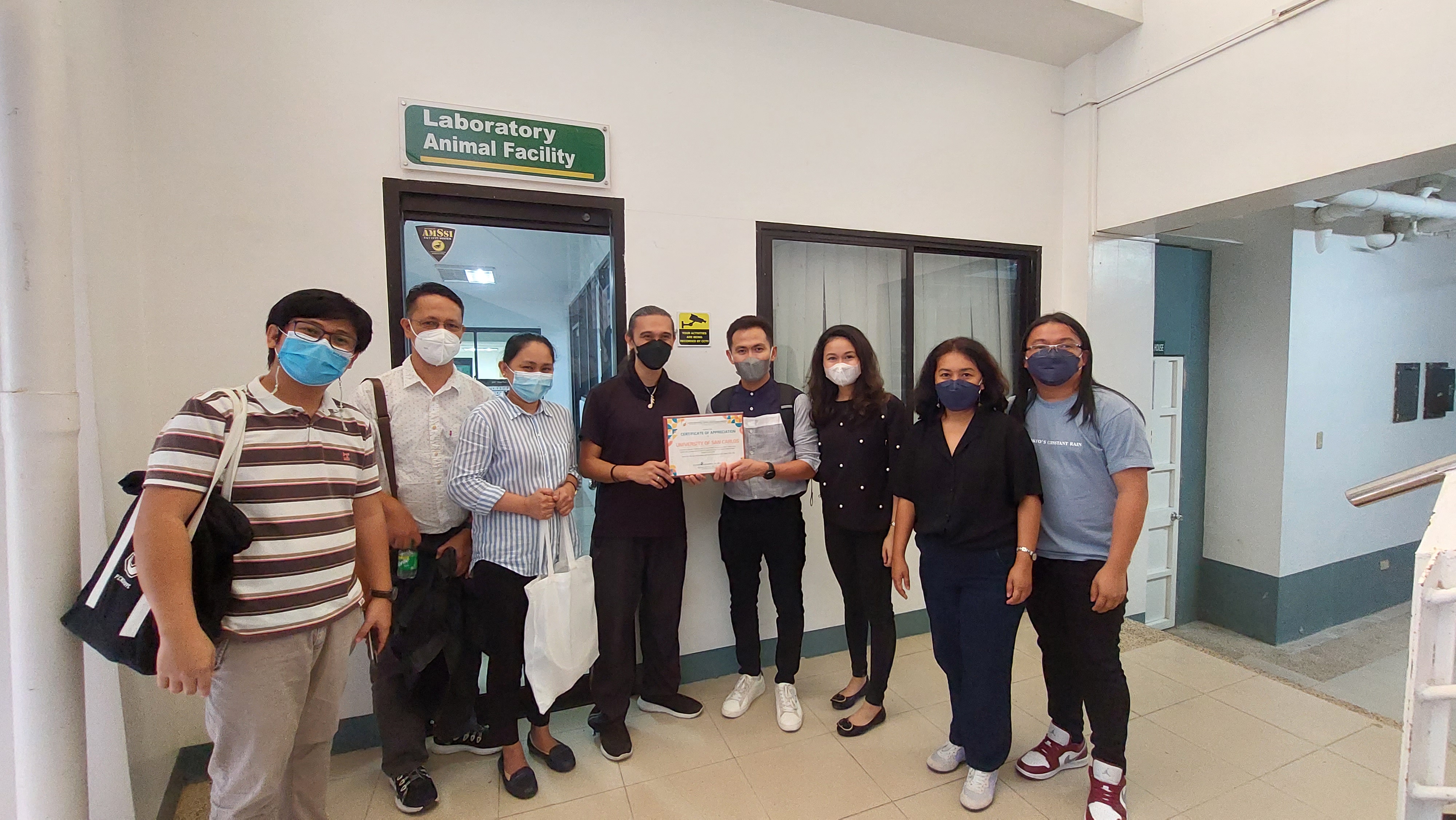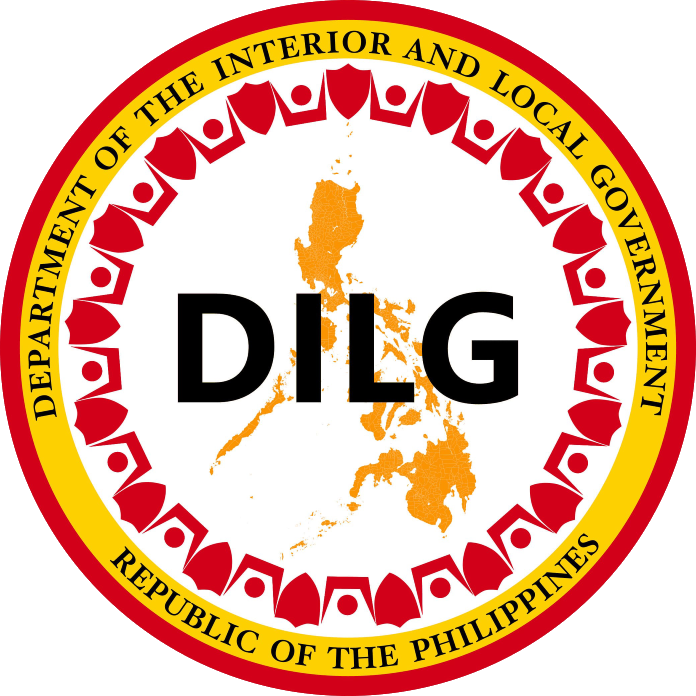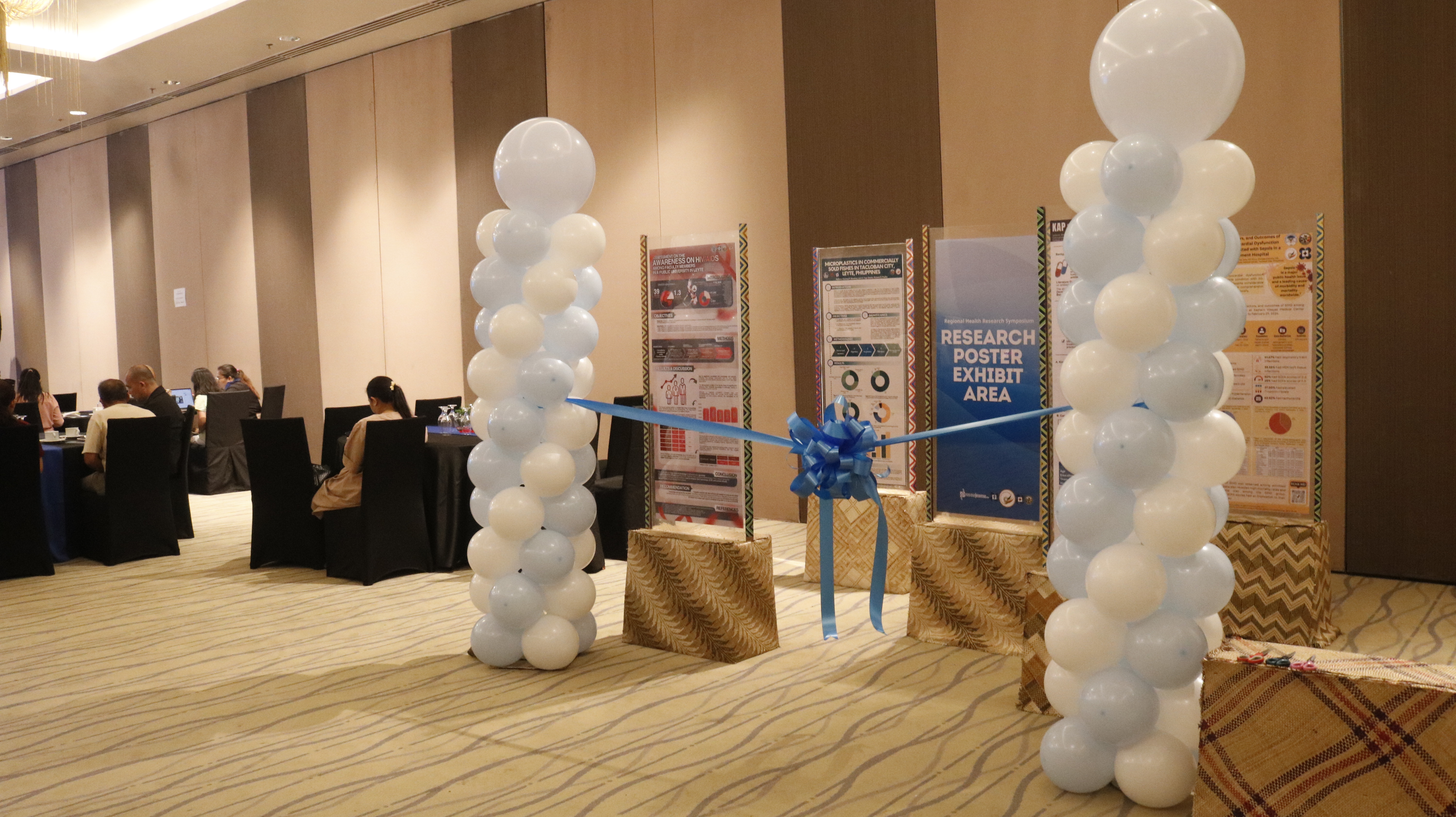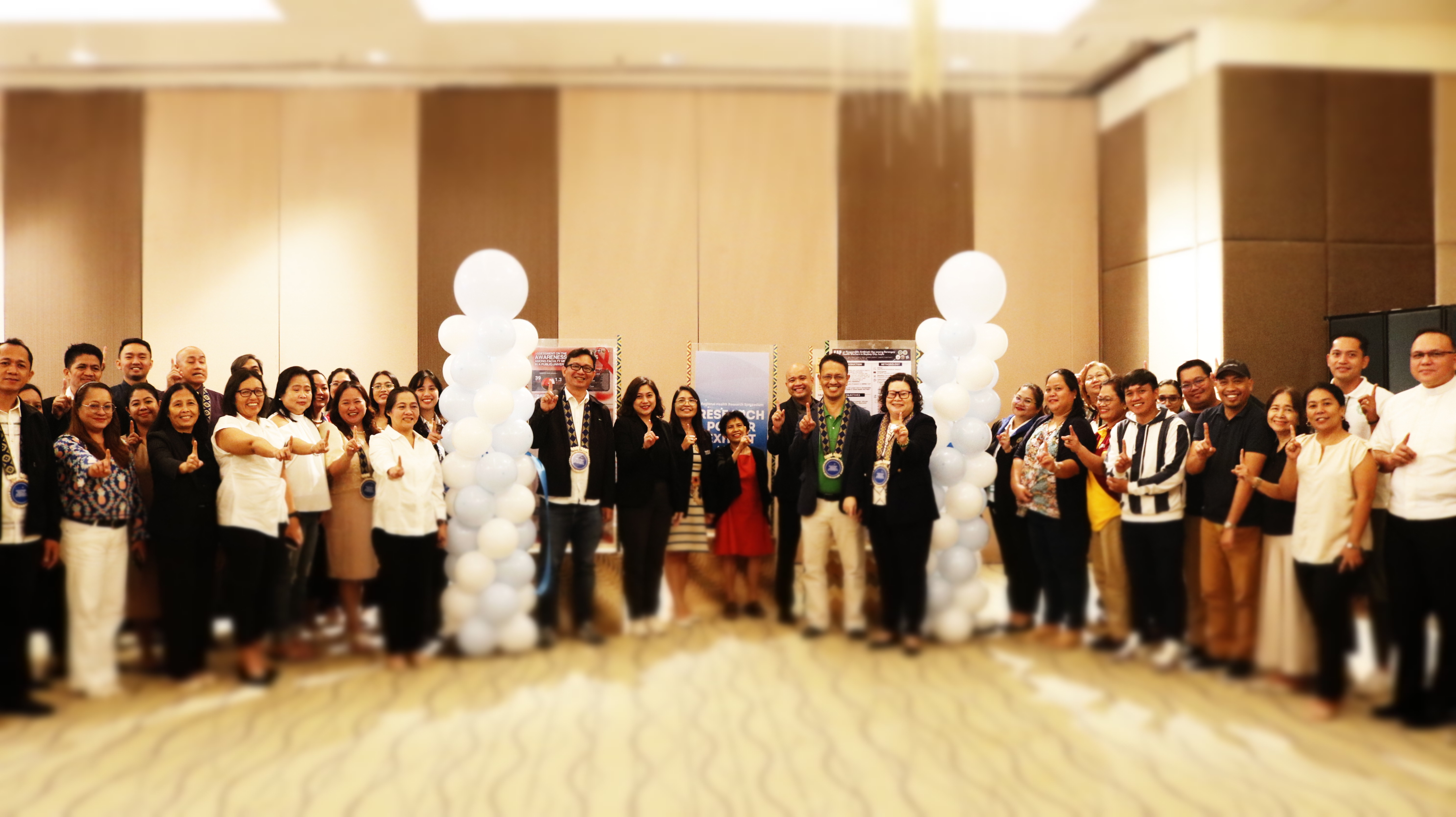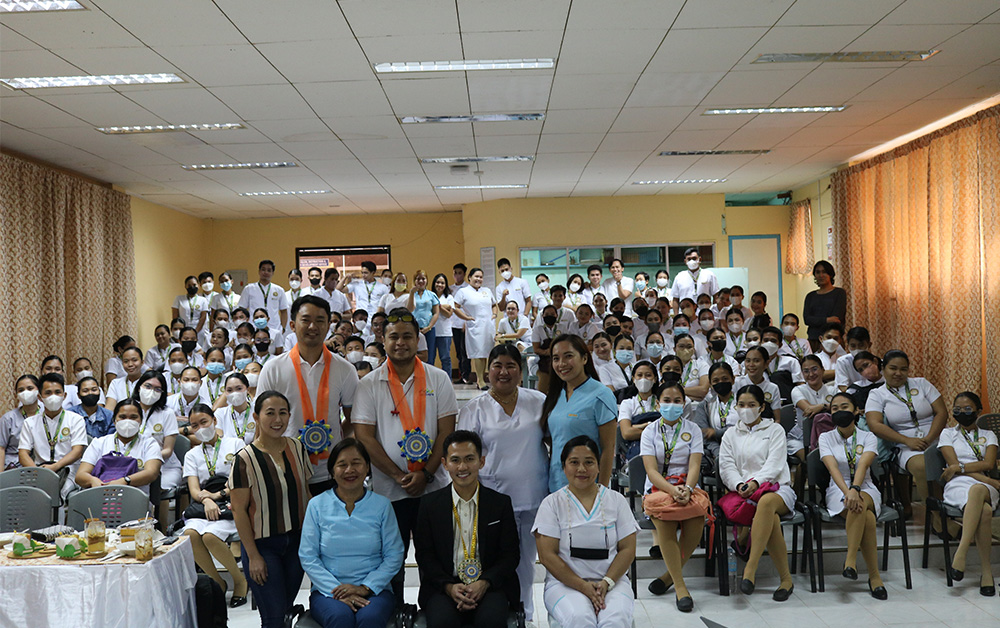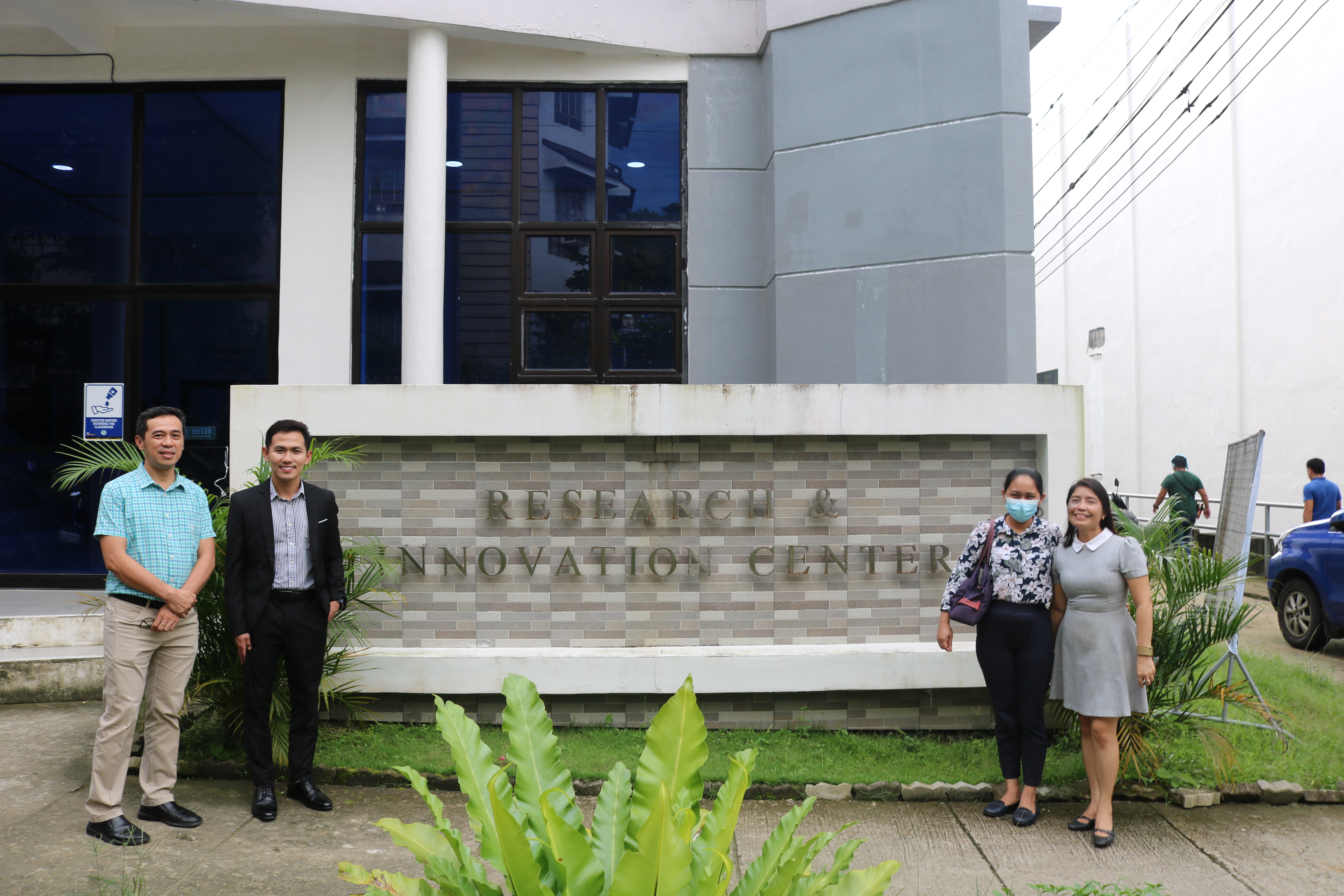Featured Videos
News
- Details
- Written by Rudith A. Roca, Research Utilization Committee, DILG ROVIII
- Category: News
- Hits: 393
The Department of the Interior and Local Government (DILG) Regional Office VIII is taking significant strides in promoting health and wellness in the workplace through its commitment and support to DOH-CSC-DOLE Joint Administrative Order (JAO) No. 2023-0001 providing for the National Policy Framework on the Promotion of Healthy Workplaces.
Among the pioneer regional agencies in Eastern Visayas to implement this national endeavor, DILG 8 aims to foster a healthier and more productive work environment, underscoring the importance of employee well-being in achieving organizational success and community development.
The national framework is intended for promotion, establishment, and strengthening of Healthy Workplaces in support of the implementation of the Universal Health Care Law. It sets directions and provides key strategies to guide the implementation of settings-based health promotion policies, plans, and programs for the Filipino workforce. The framework also identifies the roles and responsibilities of key stakeholders in the promotion of healthy workplaces, including national government agencies and local government units.
At present, DILG RO VIII focuses on the following key initiatives in the promotion of a healthy workplace; (1) Health and Wellness Programs, (2) Safe Work Environment, (3) Mental Health Support, and (4) Employee Engagement and Education.
Regional Director Arnel M. Agabe emphasizes the importance of leadership in promoting a healthy workplace culture. "Our leaders play a crucial role in setting an example and creating an environment where health and wellness are prioritized. By investing in our employees' well-being, we are also investing in the quality of service we provide to our communities."
DILG Regional Office VIII is closely working with the Department of Health for an improved implementation and holistic monitoring and evaluation of these initiatives. The Office also assists the DOH in coordinating the implementation of the program to local government units in the region.
- Details
- Written by Ahlette C. Reyes, PIA 8, Research Utilization Committee
- Category: News
- Hits: 664
TACLOBAN CITY- In Eastern Visayas, the regional death toll due to human immunodeficiency virus (HIV) already marked 10 this 2025, three of whom died only this April. These HIV-related deaths is pushing the health department to make a shift in the fight against the virus through its healthcare access, testing, and education.
Despite significant advances in treatment and prevention, the death toll now reaches a total of 175 from 2001 up to the present according to the Department of Health Eastern Visayas Center for Health Development (DOH EVCHD) “We need to educate people about the importance of early testing and treatment. Stigma continues to be a massive barrier, and that’s a key reason why some people are only diagnosed after it’s too late,” says Antonietta Diloy, the DOH EVCHD HIV Program Coordinator.
A total of 141 new cases of HIV were recorded from January to April this year. The spikes in cases were noted in 2023 with 444 cases and in 2024 with 456 new cases. There are also 11 cases of infants acquiring the virus through mother to child transmission from 1989 to the present. Of the total diagnosed 2,652 HIV cases in the region, only 1,506 patients are on Antiretroviral Therapy (ART) that helps to suppress the virus and prevent its progression.
As spread of HIV decreased in many parts of the world, the Philippines is one of the seven countries struggling to combat the increase of HIV epidemic. Eastern Visayas mirrors a similar national picture in the mode of transmission for the virus wherein most of the reported cases were predominantly caused by sexual contact among men-having-sex-with-men (MSM) with a total of 1,655 cases.
The health department is also sounding the alarm over the use of the social media and dating apps, particularly among the 25-34 year old population, which recorded the most number of HIV cases.
While these platforms have revolutionized how people connect, they have also inadvertently facilitated the spread of the virus by increasing the number of casual sexual encounters, making it harder to practice safe sex, and fostering a culture 𝗐𝗁𝖾𝗋𝖾 HIV status is often hidden or not discussed openly.
The DOH has also noted risky behaviors such as unprotected sex and multiple sexual partners making its share in the spike of cases. Meanwhile in most parts, stigma surrounding HIV continues to prevent people from seeking testing and treatment. Fear of discrimination or social isolation is keeping people from visiting healthcare centers, leading to undiagnosed infections and delayed treatment.
According to Dr. Joey Julius Ty-Farma, the medical coordinator of the DOH8’s Emerging and Re-Emerging Infectious Diseases (EREID) Program, the health department is taking several proactive steps to mitigate the spread of HIV such as promoting prevention and improving treatment options.
Among these many steps is increasing the availability and accessibility of HIV testing. The DOH has rolled out numerous free HIV testing programs to make it easier for people to get tested, with strict compliance to privacy and confidentiality. Testing is offered at health centers, mobile testing units, and in partnership with community organizations, and all are for free. The DOH has also encouraged routine testing, making it a routine part of healthcare, particularly in areas 𝗐𝗁𝖾𝗋𝖾 the incidence of HIV is high. This helps identify new infections early, which is critical for effective treatment and reducing transmission.
Certain populations at higher risk for HIV transmission, such as the MSM (men sex with men) which represent a significant proportion of new HIV cases in the region, is also being targeted by the DOH for focused interventions on health education, HIV testing, and pre-exposure prophylaxis (PrEP) distribution. PrEP is a medication regimen for HIV negative individuals to significantly reduce their risk of contracting HIV.
- Details
- Written by Geselle Frances P. Zeta, NEDA 8, Research Utilization Committee
- Category: News
- Hits: 835
The Eastern Visayas Health Research and Development Consortium (EVHRDC) recognized the region’s brightest minds at the concluded Regional Health Research Symposium (RHRS) held on October 30-31, 2024 at Summit Hotel in Tacloban City. The event honored innovative research contributions through its Oral and Poster Research Competitions, highlighting efforts from students and professionals alike.
Top Honors in Oral Research Presentation
The Oral Research Paper Presentation served as a platform for showcasing comprehensive and impactful studies in health research. Winners in the Student Category included:
- Mr. TJ Ian Marie E. Lawas, University of the Philippines Manila-SHS (UPM-SHS) – First Place
- Ms. Shielo C. Ofong, UPM-SHS – Second Place
- Ms. Sheena Jane S. Salva, Visayas State University (VSU) Main Campus – Third Place
In the Professional Category, seasoned researchers impressed the judges with their rigorous and relevant studies. The winners were:
- Dr. Chelsea S. De Leon – Oyales, Eastern Visayas Medical Center (EVMC) – First Place
- Ms. Anna Lisa C. Babon, Department of Health (DOH) VIII – Second Place
- Dr. Mary Bernadette V. Egloso-Alas, EVMC – Third Place
Breakthroughs in Research Posters
Visual storytelling took center stage in the Research Poster Contest, participants presented creative and insightful summaries of their work. In the Student Category, the winners were:
- Ms. Ma. Mariel D. Gelizon, VSU Main Camous – First Place
- Ms. Rhyza Angela S. Magallanes, VSU Main Campus – Second Place
- Ms. Althea Denise D. Paquibo, VSU Main Campus – Third Place
The Professional Category showcased exemplary research posters from:
- Dr. Ralph John Gil Labaclado, EMVC and DOH VIII – First Place
- Dr. Leovin John Avecilla, DOH VIII – Second Place
- Dr. Donabel B. Dacuro, DOH VIII – Third Place
Special Awards
Recognizing outstanding achievements, the symposium conferred the Best Paper award to Ms. Anna Lisa C. Babon for her exemplary contribution to health research literature. The Best Presenter title was awarded to Dr. Chelsea S. De Leon - Oyales, who captivated the judges with her delivery and depth of knowledge.
Judging Excellence
The winners were carefully selected by an esteemed panel of judges, including Dr. Joyce Rosario A. Matoza – Serna (Chairperson), Ms. Ghelvin Auriele C. Aguirre, Dr. Fidelita D. Dico, and Dr. Meredith D. Labarda for the oral presentations. For the poster contest, judges included Ms. Marilyn O. Radam (Chairperson), Dr. Katerina N. Abiertas, and Sr. John Mary P. Fornillos.
Honoring Innovation and Dedication
This year’s winners embody the EVHRDC’s mission of fostering innovation and collaboration in health research. Their achievements underscore the region’s commitment to addressing public health challenges through science and creativity. With these trailblazers leading the way, the future of health research in Eastern Visayas looks exceptionally bright.
- Details
- Written by Ahlette C. Reyes, PIA 8, Research Utilization Committee
- Category: News
- Hits: 801
TACLOBAN CITY- Addressing the healthcare needs of underserved and rural communities in the Philippines, the Department of Health Eastern Visayas Center for Health and Development (DOH EVCHD) continues to deploy government medical scholars different rural health units in Eastern Visayas through its Doctors to the Barrios Program.
Maria Lailani Terante, a resident of Canmarating village in Abuyog, Leyte all her life shares that people like her who lives on meager resources in geographically isolated areas, access to healthcare facilities at the town center will seem like a luxury.
"Kun ha bungto kami magpa-doktor, mamasahe kami tag P40 an usa, kun mayda ko upod, doble pa an pamasahe," Terante said in the local language.(If we would see a doctor in town, we would have to ride and pay a fare of P40. If I would be the accompanied, the fare would also be doubled.) Meanwhile, Arsenio Cobilo, a councilor in Balocawehay village also in Abuyog town, says the Doctors to the Barrios program has made lives easier for their villagefolks as the doctors bring the government’s health services directly to the communities.
“With our town stretching up to the mountains and small communities tucked within, our village serves as a catchment for at least ten other villages just so they can have a medical checkup from our Doctor to the Barrios,” Cobilo said.
The DOH EVCHD recently deployed fourteen new Doctors to the Barrios to different local government units where the ideal doctor to patient ratio should be one doctor per 20,000 population.
According to Jelyn Malibago, information officer of DOH-8, the new batch of DTTBs belonging to Batch 42-B of the DOH’s DTTB Program in the region, who are considered as medical scholars of the government, will be assisting in delivering healthcare services, including regular check-ups, vaccinations, health education, and emergency care. They would also provide support to local health workers and help in strengthening health systems in their area of deployment.
Areas of deployment for this new batch include Liloan and Anahawan in Southern Leyte, Palompon, Palo, Calubian, Mahaplag, Burauen, Bato and Babatngon in Leyte; Naval in Biliran; Motiong and Matuguinao in Samar; Arteche in Eastern Samar; and, Silvino Lobos in Northern Samar.
Before they embark on their mission, the 14 new doctors to the barrios signed a Memorandum of Agreement together with their respective local government unit of assignment and took their oath in a simple Oath Taking Ceremony symbolizing their strong commitment as physicians for the people—dedicated to reaching those in greatest need and reinforcing the goals of Universal Health Care.
Over the years, the DTTB program has played a crucial role in improving rural healthcare, providing communities with preventive care, health education, and treatment for a variety of medical conditions.
Dr. Remaelachy Cui, a native of Cebu City, has been assigned as Doctor to the Barrio at the Rural Health Unit of Abuyog for almost two years now.
“We face a lot of challenges being a doctor to our geographically isolated and depressed areas, but this is where our heart is – public health. We give it all we can,” Dr. Cui said.
Through regular medical consultations in a catchment area, Dr. Cui conducts education programs, provide immunizations, and treat a range of illnesses from common colds to more serious conditions and provide referrals for the most serious ones.
The DOH EVCHD in the region assures they are steadily closing the gap in the escalating demand for healthcare services in the region’s underserved areas with the institution of a competitive compensation for medical professionals in the government through the LGU support and increased investments in basic healthcare infrastructure especially in rural health units to ensure that doctors are not left struggling with inadequate resources.
The Doctors to the Barrios Program was created by the DOH in 1993 to address the lack of doctors practicing in rural communities in the Philippines. Since then, several batches of doctors have been deployed to various geographically isolated and disadvantaged areas in the Philippines to work in primary care and public health.
- Details
- Written by Leslie Joy Calvo
- Category: News
- Hits: 1028
The Eastern Visayas Health Research and Development Consortium (EVHRDC) in coordination with the Department of Science and Technology – Balik Scientist Program (DOST-BSP) hosted by Dr. June Bryan de la Peña, a Balik Scientist, and a native of Capoocan, Leyte who is a Post-doctoral Research Fellow in the University of Wisconsin-Madison in the USA for the second time.
The Balik Scientist Program of the Department of Science and Technology aims to encourage Filipino scientists abroad to come back and strengthen the Science and technology capabilities of local researchers in different industries to serve as a catalyst in making an impact in the field of research or even in their chosen expertise.
Dr. de la Peña finished his bachelor’s degree in Nursing at Western Leyte College. He completed his master’s degree and Ph.D. in Pharmacy majoring in neuropharmacology at Samyook University in Seoul, South Korea. His expertise includes neuroscience, neuropharmacology, and functional genomics. Through DOST’s Balik Scientist Program, he decided to come back to the Philippines to serve his countrymen by sharing his knowledge and vast experience in neuroscience research with the different member institutions of the consortium.
He started his Engagement at the Samar State University (SSU) in Catbalogan City, Samar where he visited the different laboratories of SSU and provided recommendations on how they could maximize their impressive research facilities in conducting research work that could benefit the University and the region. Next, he conducted a Science Outreach Activity for the students of the Philippine Science High School – Eastern Visayas Campus (PSHS-EVC) in Palo, Leyte where he shared his journey of becoming a neuroscientist. This was followed by a similar science outreach activity at Biliran Province State University (BiPSU) in Naval, Biliran where he conducted a lecture entitled: “How I Became a Neuroscientist: Challenges and Opportunities for aspiring neuroscientists”. He discussed his breakdowns and breakthroughs throughout his career, his passion for research, and how neuroscience gave him the life he never imagined having.
Dr. de la Peña ended his BSP engagement for the year 2022 when he, together with the delegates from Visayas State University (VSU), PSHS-EVC, and EVHRDC conducted experiential learning at the University of San Carlos (USC) in Cebu City and University of San Agustin (USA) in Iloilo City. The team had a consultation meeting and benchmarking activity in USC’s Animal Laboratory Facility and Institutional Animal Care and Use Committee and in USA’s Tuklas Lunas Center last December 14-16, 2022. The three-day trip motivated the consortium and its member institutions to produce collaborative research to produce globally competitive studies that could create an impact not just in the field of scientific research but also in society by addressing health challenges in Region VIII.
Though Dr. de la Peña’s engagement was short it was able to benefit students and researchers. Moreover, it was able to capture the goal of the BSP by promoting information exchange and accelerating the flow of new technology into the country through strengthening the scientific and technological manpower of the academe and public and private institutions. The program’s objective is to encourage Filipino scientists and technologists to return and reside in the Philippines and share their expertise for the development of the country.
